NEW DELHI: Vandana Katariya, the most experienced Indian women’s hockey player, on Tuesday decided to call it a day and make way for youngsters as Hockey India (HI) prepares to build the team for the World Cup and Asian Games – both in 2026 – and eventually the 2028 Los Angeles Olympics.

With 320 international caps and 158 goals in a span of 13 years, the 32-year-old striker’s story is a journey of sheer grit and resilience that saw the 32-year-old emerge from socio-economic backwardness to guide India to successive Olympic Games after a gap of 36 years.
Speaking from Mumbai, the Haridwar resident discusses what led to her decision, her journey with the Indian team and the newer crop of forwards. Excerpts:
How did you come to the decision?
It was difficult. The thought just came to me, and I took the decision suddenly. I was thinking about my future, about the team’s future, the coach’s plan for the future. The youngsters are doing well. I didn’t feel good about my place in the team. So, I decided to retire.
What do you mean by not feeling good?
I was thinking about things that were not in my control. I also wanted to go along with what the coach had planned for the team and the players that were set for the future. I didn’t have that much time for that. So, I took my own decision.
And what are coach Harendra Singh and HI’s plans?
They want to set up the team for the future. The youngsters are doing well. The target is the Olympics. I am always ready to perform for my country. It is my own decision. I didn’t even know how the idea crept into my head. As of now, the emotions haven’t sunk in.
When did you inform the staff and team?
I informed the coach day before. For any player it is a big decision when such a long journey finishes. We live together as a family and all of a sudden everything ends. The girls were shocked. The team was always with me because of our common dedication and passion for the team and women’s hockey. They were always behind me and would always push me to do well.
How do you see the development of women’s hockey in India from when you started in 2012 to now?
Back then I didn’t know that India would reach the heights it has. When we started, we were still learning. At that time, our new coach Neil Hawgood had just come from Australia. Slowly, the system changed, like playing for three minutes, substituting and then back again. We had to keep learning which helped us qualify for the 2016 Rio Olympics. After that, we started getting results. We got gold at the 2017 Asia Cup, qualified for Tokyo Olympics where we finished fourth. It took a lot of time to form a team. Today, we have a team. You saw in Pro League, we competed and beat the world’s No.1 team. Today, we have a good team. I know they will win medals at big events. The girls are very focussed.
Your thoughts on the younger generation of strikers you’ve helped groom?
Lalremsiami, Navneet (Kaur), Sangita (Kumari), Baljeet (Kaur) and Deepika, who is also a drag-flicker, are really good. They have this urge to learn. Whenever they would talk to me, they would want to learn. They are always ready for extra practice. They know their diet and fitness. If a player knows how to stay in a high-performance environment and is disciplined, it is really good for the team. They see and learn. They ask. They have the knowledge of how to maintain high performance. I’d tell them about how to work on their finishing, about having more shots on goal once in the D and how that will help the team perform and better the results. It felt good to play with them.
Your most memorable moment?
Hard to pick one. In 2013, we won bronze in the Junior World Cup. Then the gold at the 2017 Asia Cup. Tokyo Olympics, when we came fourth. The hat-trick against South Africa. There are many such moments to celebrate.
And the lowest point?
Just a month before the Tokyo Olympics when we were preparing, the pandemic came. I lost my father. I lost the biggest support of my life. At that time, I felt like I’d lost everything. I shared everything with my father. I had an ankle injury at the same time and didn’t know if I would be able to stand on the ground again. I couldn’t even go to my father’s funeral. At that time, my team stood by me. They’ve always been there for me. They were like a family. That’s why I’m very sad to leave them. Other than that, I’ve faced a lot of downs in my life. I’ve suffered a lot of injuries. Sometimes, I got hurt so bad that my face changed. I broke teeth, got cut multiple times, and have broken my arm and leg. There were times when I thought of giving up. But the thought of playing for my country kept me going.


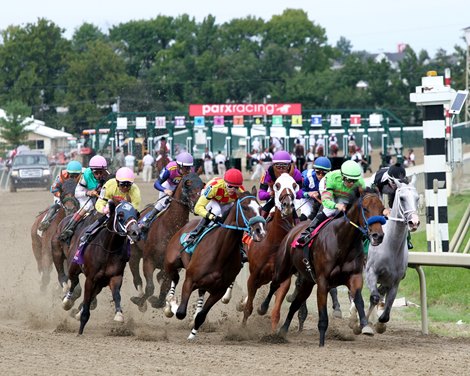
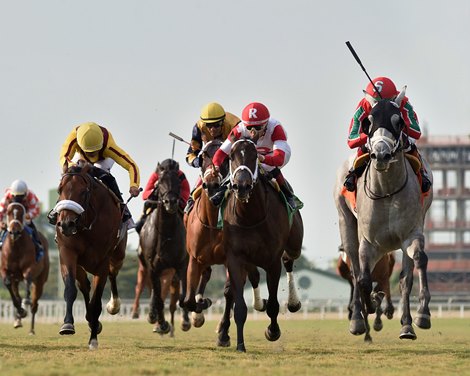

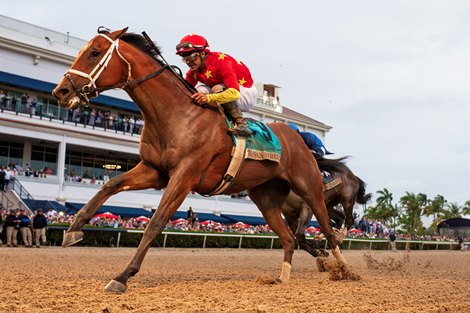
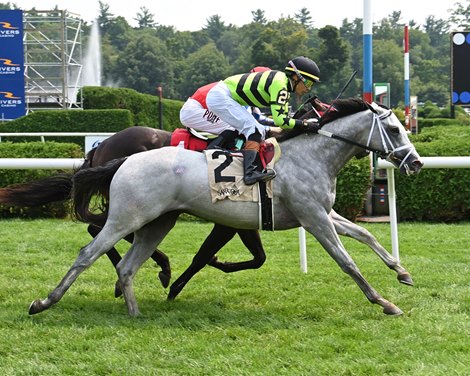
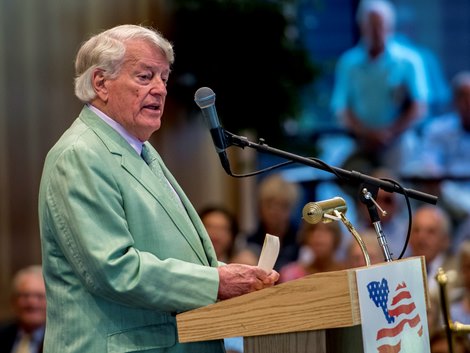


Leave feedback about this